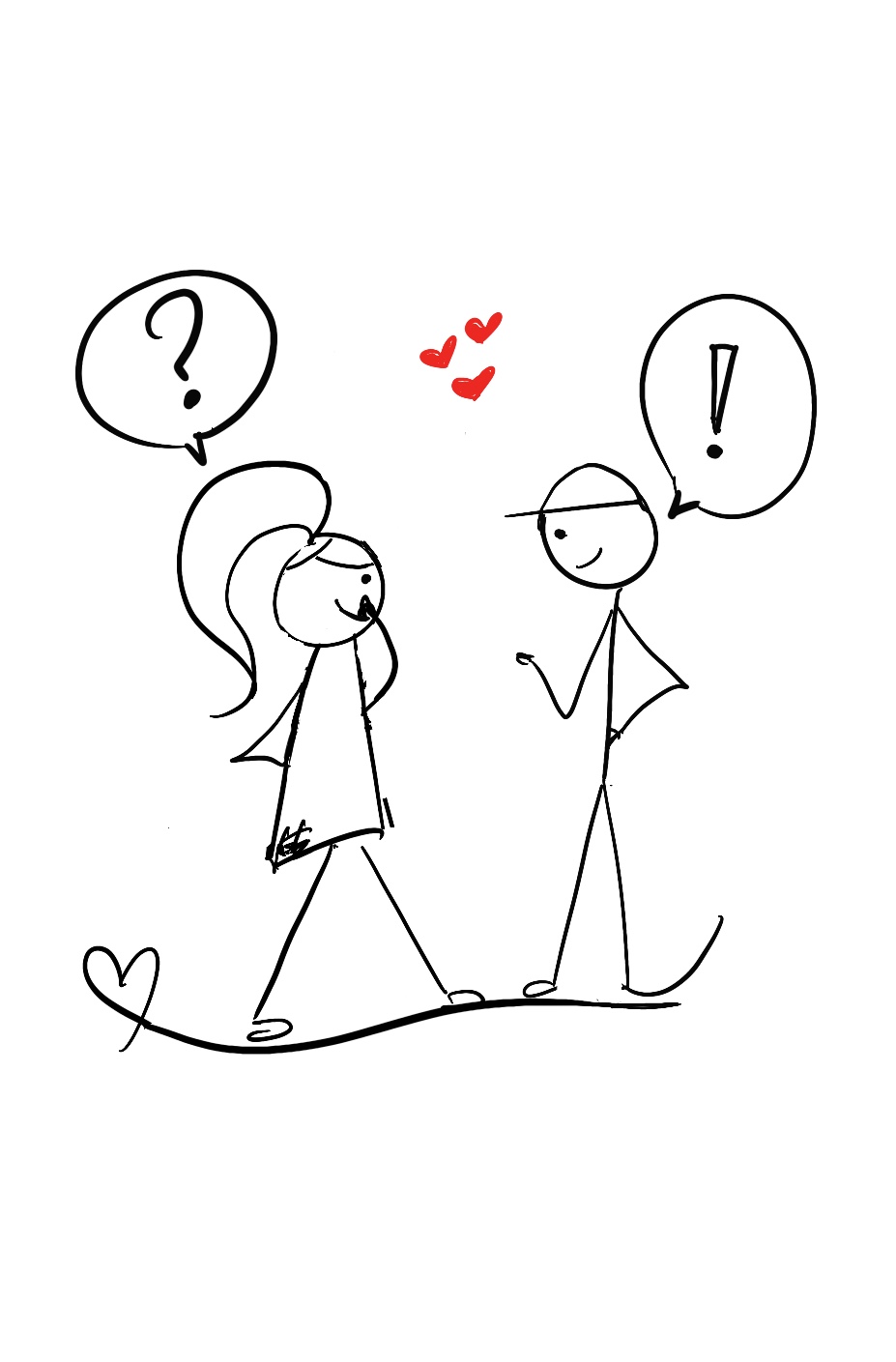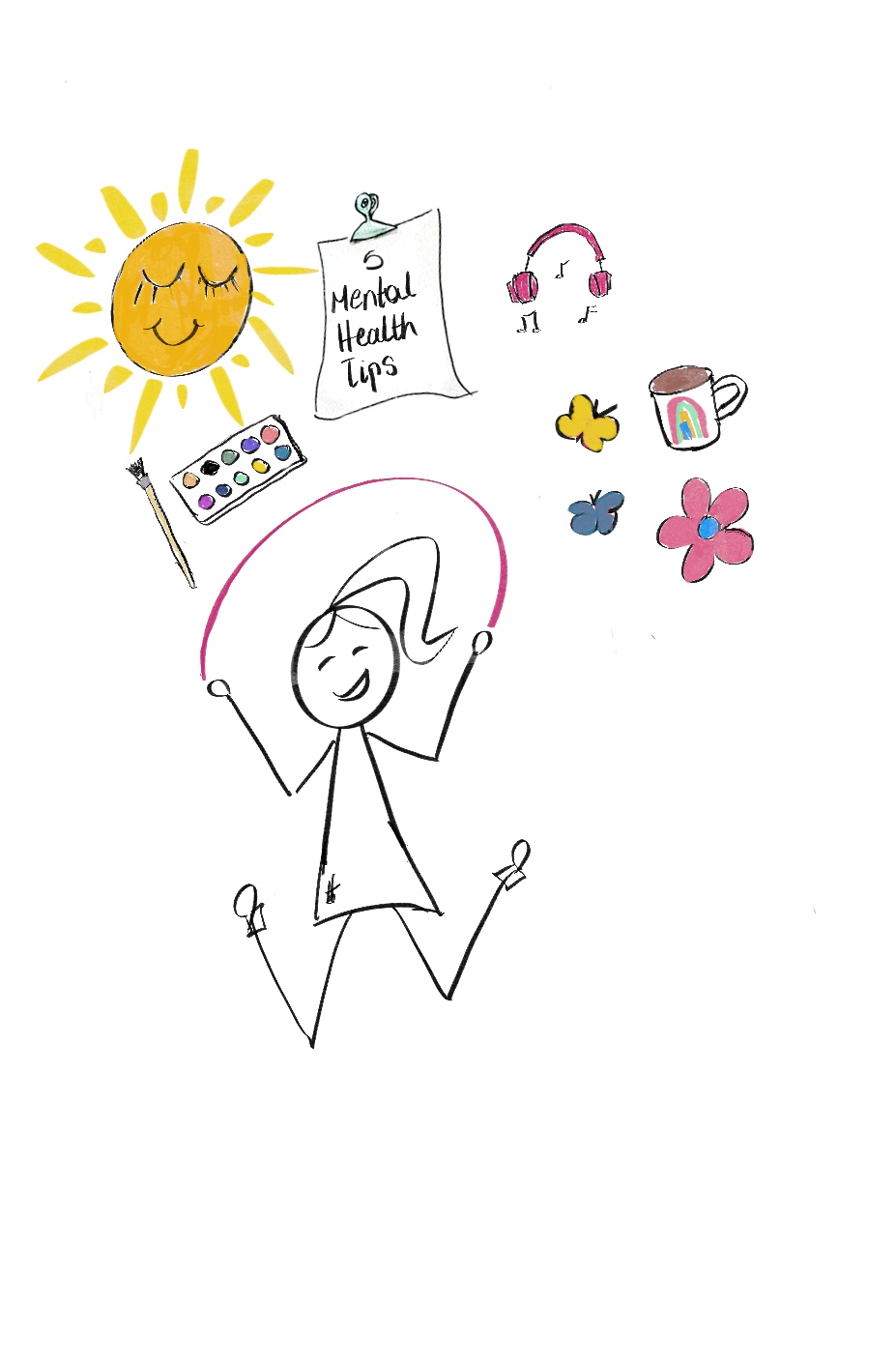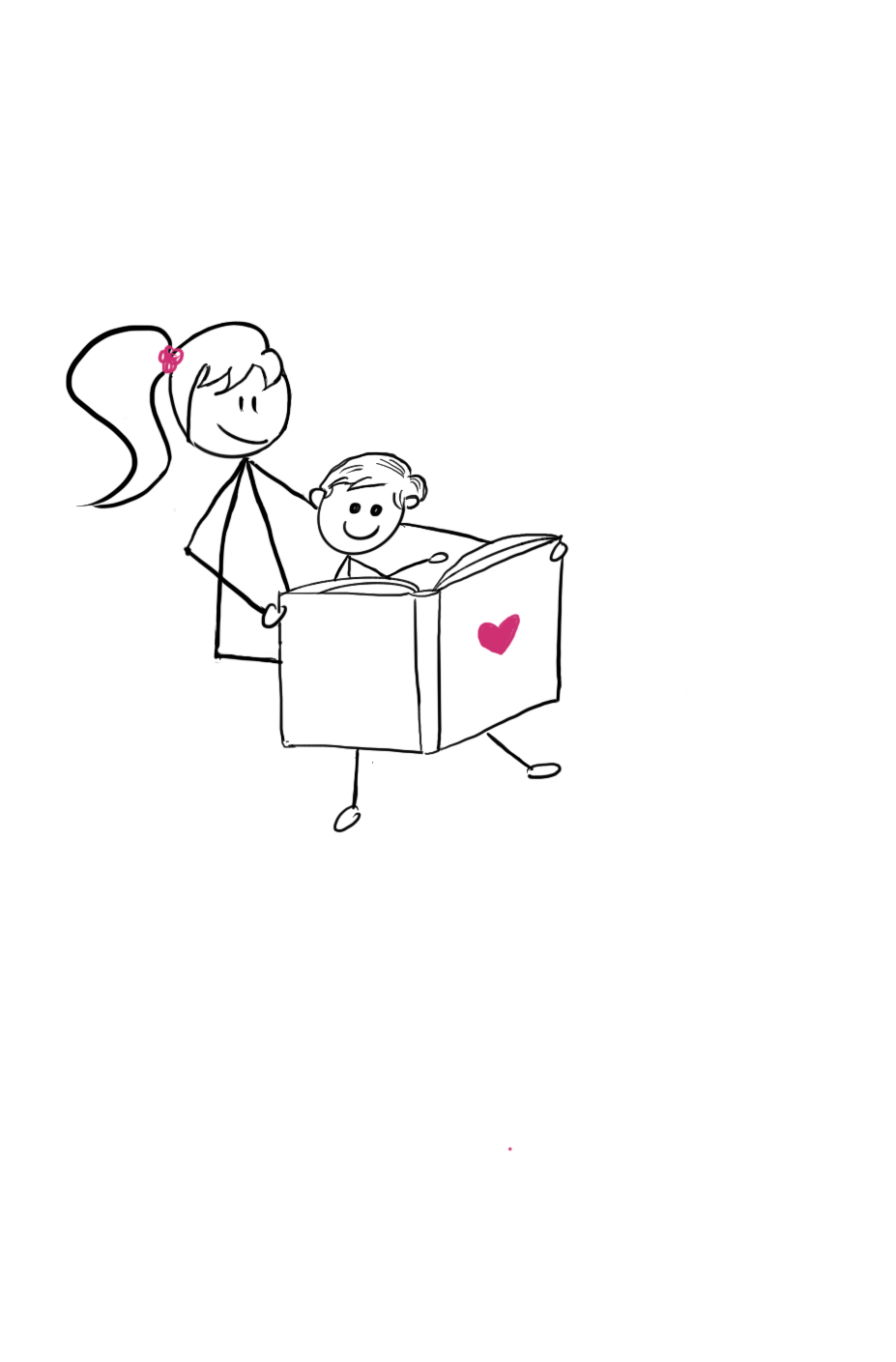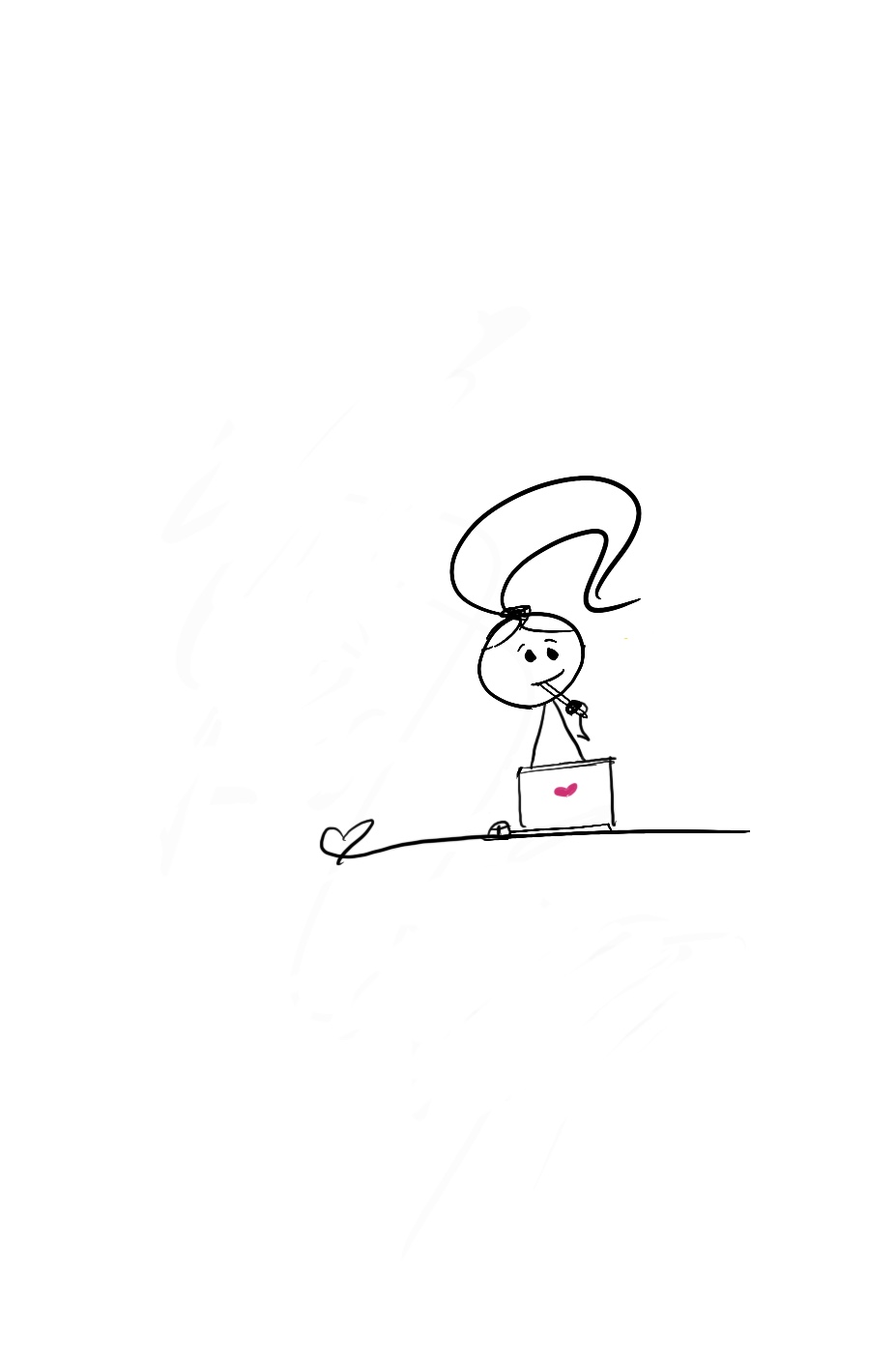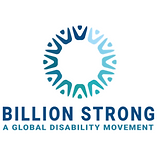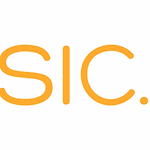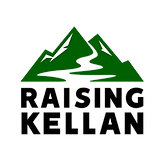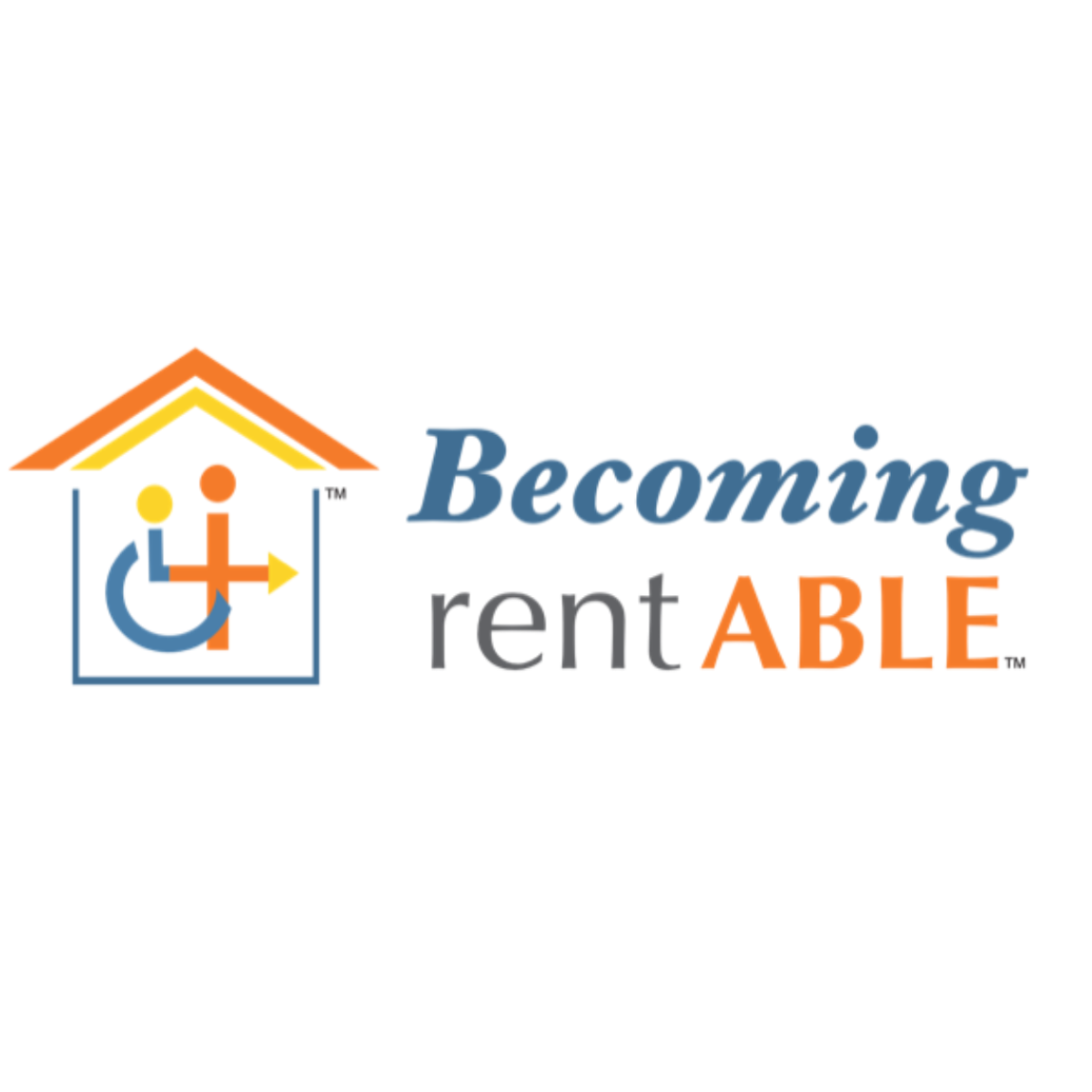An Open Letter to Anyone Who Thinks Their Disability is a Cause for Inaccessibility
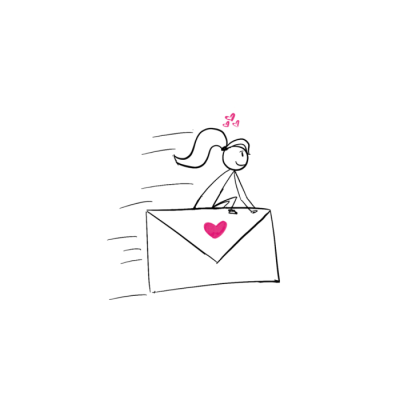
When you see non-disabled people move around a city, what do you think?
Do you want to move around like them?
Do you feel embarrassed by the way you use your cane?
Do you feel disheartened by the divide between the way you stumble along the hazardous sidewalks and the smooth way you’d like to walk?
Most blind and partially sighted people are unhappy with navigating the streets.
They agonize. They despair. They feel drained.
Navigating the non-disabled world may feel like sailing rough seas.
Illuminate moments of being disabled in an inaccessible world
Imagine setting sail for the weekend with a clear mind full of optimism.
You dream of basking in the evening sun, gobbling up a heart-warming meal of pasta, courgette balls, and feta sprinkled with olive oil and oregano.
But instead, you see threatening clouds closing in and begin to worry. So, you give yourself a good team talk, hoist your sails, adjust your heading, and sail into the wind.
Each nautical mile feels excruciating. Your sailboat is taking a beating. Tall waves want to break you and breakfast wants to come up.
When sailing through a storm your destination can feel like a miserable experience.
Catarina Riviera, a deaf/blind DEI consultant, and public speaker recently posted on LinkedIn about her travel experience in Mexico City on LinkedIn.
First, she talks about the difficulty of navigating curbs.
CataRina Riviera
“Walking around Mexico City was hard because many sidewalks aren't flat. There were ups and downs, holes, poles, uneven concrete, gaps, stones, and more. There were some curb cuts, but it wasn't consistent.
Curb cuts help me cross the street more easily and feel less stressed about possibly tripping. Walking in this environment required me to concentrate more and use my white blindness cane rigorously.”
Then, she goes on to tell us about her difficulty with pedestrian signals.
“Many intersections did not have pedestrian signals for when to cross, so I was relying on walking when it was red for the cars. As a blind woman, I had trouble finding the traffic lights and sometimes waited for a whole cycle before actually walking.
Catarina Riviera
Some intersections didn’t have traffic lights at all, so I had to check for cars and bicycles and then decide when to cross.
Navigating inaccessibility drains my energy and makes me more tired."
Why does Catarina share this with us?
She says it’s because she wants to illuminate these moments of being disabled in an inaccessible world. And, to bring more awareness to the need to be inclusive.
She also says, that in every community, city, workplace, etc., there are disabled people expending extra energy to adapt.
And, she feels for them.
And you know what?
This conforming to the inherently ableist world happens every day.
So what’s the answer?
Become your own accessibility champion
Imagine growing up with no disabled models to empower you.
No disabled Cinderella or Superman to look up to.
How would you feel?
Frustrated. Discouraged. Isolated.
In her post, “How Can Attidutes Change Towards Disability?”, Rachael Mole, founder of SIC, challenges us to step outside our comfort zone and support each other.
I like the idea.
For example:
- Support fellow disabled entrepreneurs, fashion designers, actors, and athletes by following them on social media, sharing their messages, or buying their products.
- Reveal your own accessibility journey, the peaks, and valleys
- Celebrate the success of other accessibility advocates in the workplace and beyond
- Create your own accessibility champions network
Why is this important?
Because self-defeating behavior often creeps up like a shadow. But we can overcome it and grow a community of accessibility advocates to illuminate how accessibility impacts and connects us all.
What do I mean?
Grow a community of accessibility advocates
Last year I decided to go on a mission. My goal was to connect with people on LinkedIn who share the same values and beliefs about accessibility and inclusion.
Like a stranded sailor, I craved the opportunity for a cozy chat with allies and supporters who get what it feels like to stand up to ableism and fight for disability rights.
That’s when I discovered the pulsating disability advocate, Debra Ruh.
Debra explained that when her daughter, Sara, was born with Down’s Syndrome, experts made a mistake. They said her daughter would be lucky to push shopping carts at the local grocery store.
But Debra refused to accept this.
Armed with the love for her daughter she went on a quest to show the world the power of human potential, and in 2013 she started the social enterprise, Ruh Global IMPACT.
Now she had the power to focus on disability inclusion by working with major multinational corporations, the UN, and foreign government agencies.
But that’s only half the story.
With strategic planning, marketing, fostering smart cities, and accessibility, Debra’s efforts led her to create an oasis for people with disabilities.
The empowering organization, Billion Strong.
Now, billions of voices of people with disabilities come together armed with the power of inclusion.
Do you see where we’re going with this?
Here’s another simple, yet powerful example recently posted on LinkedIn from the founder of Access By Design, Clive Loseby on web accessibility.
Clive Loseby
“I’m on a mission to make the world accessible one website at a time. And, I have an amazing team of disabled people who help me with every website accessibility audit I do, because it is the only way to get a true understanding of the accessibility issues there may be with a website.”
Do you see how huge this is?
Disabled people coming together to create their own accessibility community.
I demand disabled people are recognized as being thought leaders in their own right.
Why is this important?
Because disability is human.
Empower your identity
Each of our paths to disability awareness will be unique, but the outcome will be the same; an inclusive and accessible world for all.
Most of all we will be surprised to learn that the accessibility we long for is here waiting for us. It’s been our prerogative all along.
We just need to unlock it. To access it. And to share it with the world.
Subscribe to Disability Tidbits newsletter
Get expert insights and practical tips that help you reach a wider audience—the disability community.

